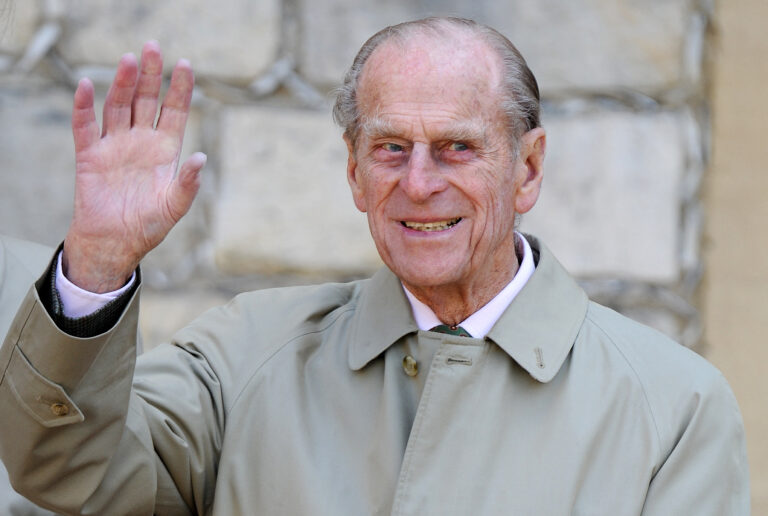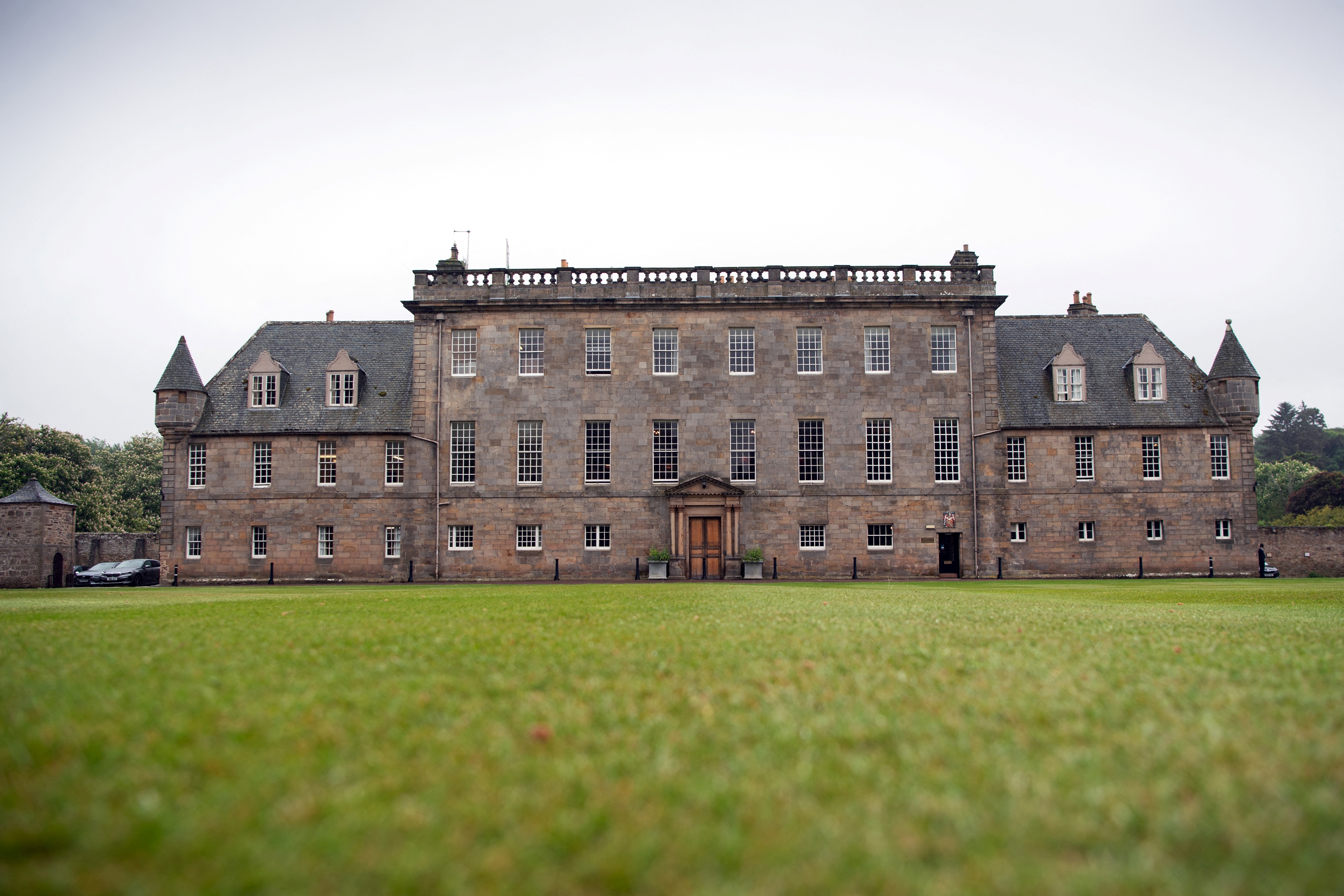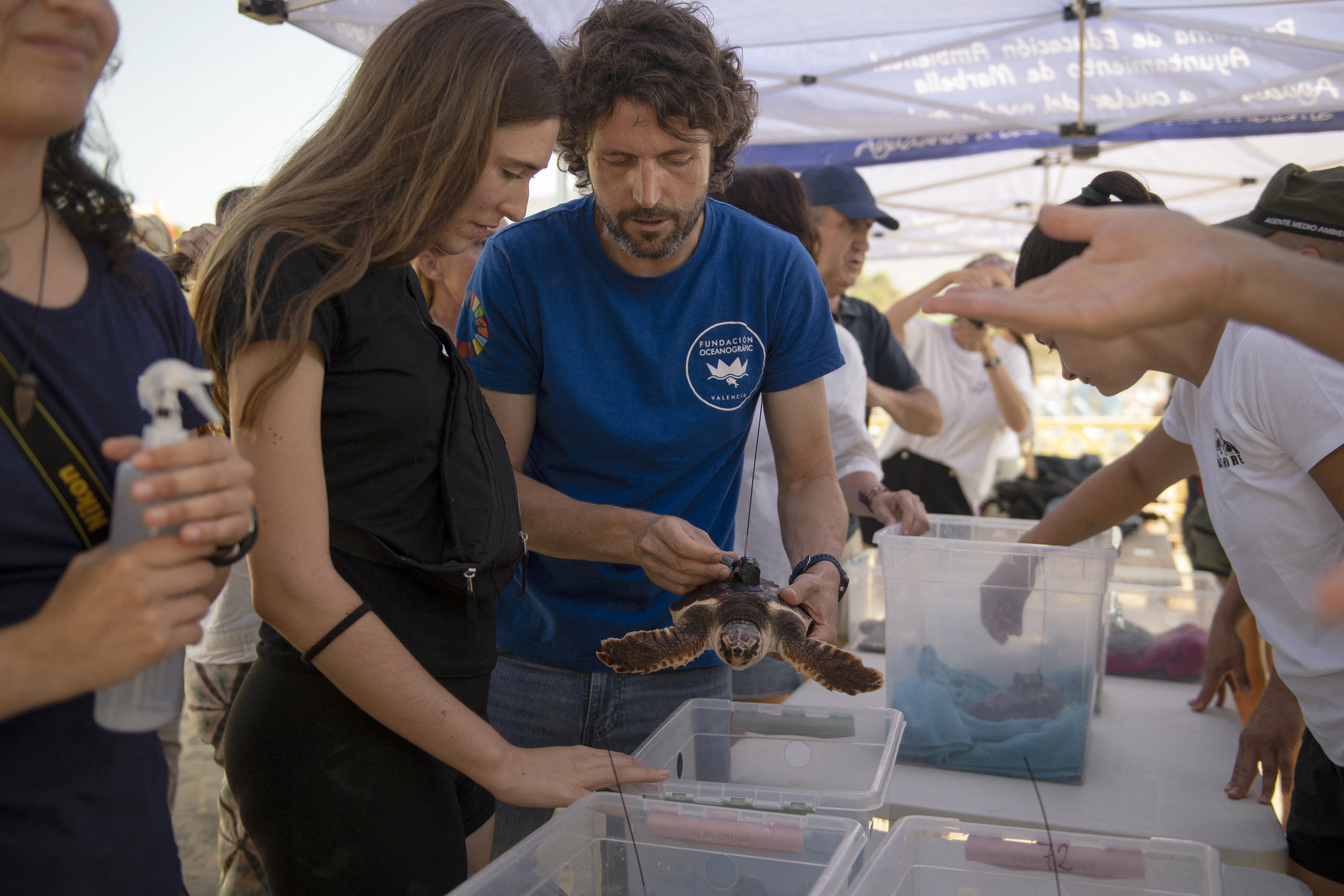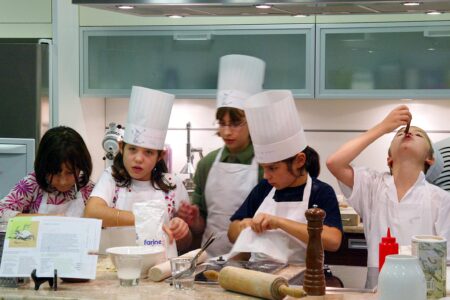
If you watched “The Crown,” a historical drama TV series about Queen Elizabeth II‘s reign, you’d probably remember the scene where His Royal Highness (HRH) Prince Philip had his morning runs at the boarding school.
The morning was filled with fog, the grounds were mushy, and the cold air visibly pierced the skin of the young boys.
HRH Prince Philip despised the runs, saying that it was freezing. But he was met with a snide remark from his schoolmate, “Wait until you’ve had your cold shower.”
The show goes on to show HRH Prince Philip’s school life, filled with activities outside the usual academics. He would even end up fixing up a boathouse and the school gate with his classmates.
Later, His Majesty (HM) King Charles III attended the same school and participated in the award established by the HRH Prince Philip, inspired by the HRH’s time at the school, The Duke of Edinburgh’s Award.

HRH Prince Philip attended Gordonstoun School, which inspired the founding of the Duke of Edinburgh’s Award. HM King Charles III later followed suit and attended the school. Source: AFP
History of the Duke of Edinburgh’s Award
Founded in 1956, HRH Prince Philip established the Duke of Edinburgh’s Award in the post-war era to support young people.
The award was inspired by Kurt Hahn, his former headmaster at the Gordonstoun School. Hahn was a renowned educationalist and the founder of Outward Bound, who believed in the importance of experiential learning and character development.
Initially launched in the UK, the award was designed to engage young men between the ages of 15 and 18, transitioning from formal education to National Service, in developing new interests and making constructive use of their free time.
The award also boosted their self-confidence and instilled a sense of purpose, supporting their future endeavours and helping them become well-rounded citizens.
The programme’s early success led to its rapid expansion and inclusion of girls in 1958.
The award’s core values have remained essentially unchanged, focusing on personal development, community involvement, and inclusivity. The award is dedicated to being an equitable and diverse organisation where everyone feels included, has a sense of belonging, and can thrive.
Today, the Duke of Edinburgh’s award is open to ages 14 to 24 and offers three different levels for participants to take,
The level of awards
The Duke of Edinburgh’s Award offers three levels of recognition: Bronze, Silver, and Gold.
Each level requires a progressively more significant commitment of time and effort, and participants set more ambitious goals as they advance.
Bronze Award
The Bronze Award is entry-level, typically for participants aged 14 and above. This level requires a minimum of six months of participation.
Silver Award
The Silver Award is designed for those aged 15 and above. It requires a minimum of six months of participation for those who have completed the bronze level; however, non-bronze holders must do an additional six months.
Gold Award
The Gold Award is the programme’s pinnacle for participants aged 16 and above. It includes an additional Residential section in addition to the four key sections. This level requires 12 months of participation, but for non-silver holders, participants must serve a further six months, totalling 18 months.
A disclaimer: there is no requirement to complete previous levels to participate in the Gold Award.
Those who have completed the Gold Award are invited to Buckingham Palace Garden to celebrate their achievement. Attendees can hear from famous Duke of Edinburgh’s Award holders, including sporting legends, actors, presenters, authors, and entrepreneurs at stages throughout the Garden.
In 2024, Lauren Bennet, a 19-year-old from St Briavels in Gloucestershire, was recognised by the new Duke of Edinburgh, Prince Edward, for her participation in the Duke of Edinburgh’s Award. Bennett supported children from disadvantaged backgrounds, volunteered, and developed a sexual harassment campaign within her school.
The award continues to empower young people by encouraging them to engage in various activities, from adventurous expeditions to volunteering and skill development.

When participating in the Duke of Edinburgh’s Award, participants can volunteer at their desired organisation to dedicate their time to helping others and embrace a sense of community and empathy. Source: AFP
The Duke of Edinburgh’s Award’s journey
The participants’ journey in the Duke of Edinburgh’s Award is a transformative experience that encourages personal growth and development. It starts with setting goals across several key sections forming the programme’s foundation: Volunteering/Services, Physical Skills, and Expedition.
Volunteering
The participants must dedicate their time to helping others, creating a sense of community and empathy. This could involve helping local charities, first aid, coaching sports teams, volunteering at hospitals or local care homes, or participating in environmental conservation projects.
According to The Duke of Edinburgh’s Award organisation, from April 2023 to March 2024, the total volunteering hours by participants were 4,725,825 hours.
Physical
Here, participants seek to improve their fitness and live healthy, active lifestyles. It also allows them to choose activities that interest them and fit their fitness goals.
The activities range from team sports to individual exercises and adventurous pursuits, such as football, basketball, swimming, cycling, martial arts, hiking, and more.
Skills
Participants need to develop practical and personal skills to enhance their abilities and interests, including supporting their career aspirations.
This can include learning a musical instrument, mastering a new language, cooking, coding, or even photography.
View this post on Instagram
Expedition
The Expedition is the highlight of the Duke of Edinburgh’s Award journey. Participants plan and undertake an adventurous journey involving team collaboration, navigation, and self-reliance. Expeditions can vary from local hikes to international treks, but all require participants to step out of their comfort zones and embrace new challenges.
Duration of the expedition:
- Bronze Award: Two days / one night
- Silver Award: Three days / two nights
- Gold Award: Four days / three nights
Residential (Gold Award only)
The Residential section encourages participants to try something new and broaden their experiences in a residential setting away from home and in an unfamiliar environment. Participants are not allowed to join existing friend groups or as part of the school; it must be done individually with an organised group, registered charity, or approved activity provider.
The duration of this section is five days and four nights.

The award encourages students to step out of their comfort zone and try new experiences, such as volunteering. This builds a set of skills that’ll help them further in the future too. Source: AFP
What parents should know about the award
Understanding the benefits and structure of the Duke of Edinburgh’s Award is crucial for parents in supporting their children’s participation.
Whether your child is just starting their journey or looking to achieve a prestigious award, we are here to provide you with all the essential information to help them succeed.
The award develops skills and mindsets
Teenagers’ developmental milestones start at age 12 to 18 as they start to do more complex thinking, such as having thought processes, considering many points of view, and forming new ideas or questions, according to Stanford Medicine Children’s Health.
Not only are they taking on more responsibilities and learning about the world’s landscapes, but they’re also building their confidence and self-esteem in self-identified strengths.
Participating in the Duke of Edinburgh’s Award will prepare your child for the future — in university and in their careers — by developing the skills and mindsets needed to become a confident and well-rounded adult. This involves problem-solving skills, resilience and perseverance, teamwork, dealing with feelings, adaptability, and creativity.
Pinkoddy, a blogger and mother of four children who participated in the award, says that the award has made a difference for her second son. He started volunteering at a group and it carried on with him becoming a Young Leader in the group. After he went to university, the son asked Pinkoddy to step in as a volunteer and continue helping fill in the gap he had left behind.
The award is recognised worldwide
Internationally known as The Duke of Edinburgh’s International Award, the award has made its mark worldwide.
There are millions of participants from different backgrounds in over 130 countries and territories, such as Malaysia, Egypt, Tanzania, Ecuador, and Brazil. The award also partners with organisations and governing bodies globally — including schools, youth groups, employers, and custodial institutions.
Hamza, a Western University in Ontario student, is a gold participant and has completed his Bronze Award in Saudi Arabia and my Silver Award in both Saudi Arabia and Canada.
“Ever since I joined the Award, I left my comfort zone; I began seeing exponential improvement in myself,” they wrote in a blog post. “Actively pursuing a goal and knowing I was vulnerable to failure was scary.”
Enhancing CVs, university, and job applications
Extracurricular activities are advantageous for students wanting to apply to top universities as they help level up their application and make them stand out.
While it does not give them a confirmed acceptance from their desired universities, your child can leverage the award by showcasing the skills they learnt that relate to the degree they’re applying for.
The award will further help provide your child with highly sought-after values and experiences in the workforce.
Oliver Wood, a zoology graduate from Swansea University, credits the award to his acceptance into the university. For his bronze skill, he went on a course to learn about keeping chickens. For silver, he went on to quail and hatched his own. For gold, he started breeding ducks. When he received his A-level results, he did not meet Swansea’s requirements.
“But they contacted me and said they wanted me to do the course as I had shown so much passion for the subject through my Duke of Edinburgh’s Award activities,” Wood shares with The Guardian. He went on to complete his MSc in Zoo Conservation Biology at the University of Plymouth in 2020.
Parents are to play a vital role in the award
While your child is participating in the award, your role as a parent is vital. You are to support and encourage your child as they work towards achieving their award goals.
Learning a new skill, meeting new people, or exploring an unfamiliar environment can be challenging and may overwhelm your child. Coming home to your support can motivate them to strive for more and feel like the effort they put into the award is worthwhile.
Here are some ways you can support your child:
- Help ensure the activities choices they find are exciting but realistically within budget.
- Help them stay committed and cheer them on when they meet unplanned speedbumps.
- Celebrate their success as they achieve and accomplish activities and the award entirely.
- Encourage them to step out of their comfort zone.
- Support them by coaching them to communicate with their leaders and friends.










